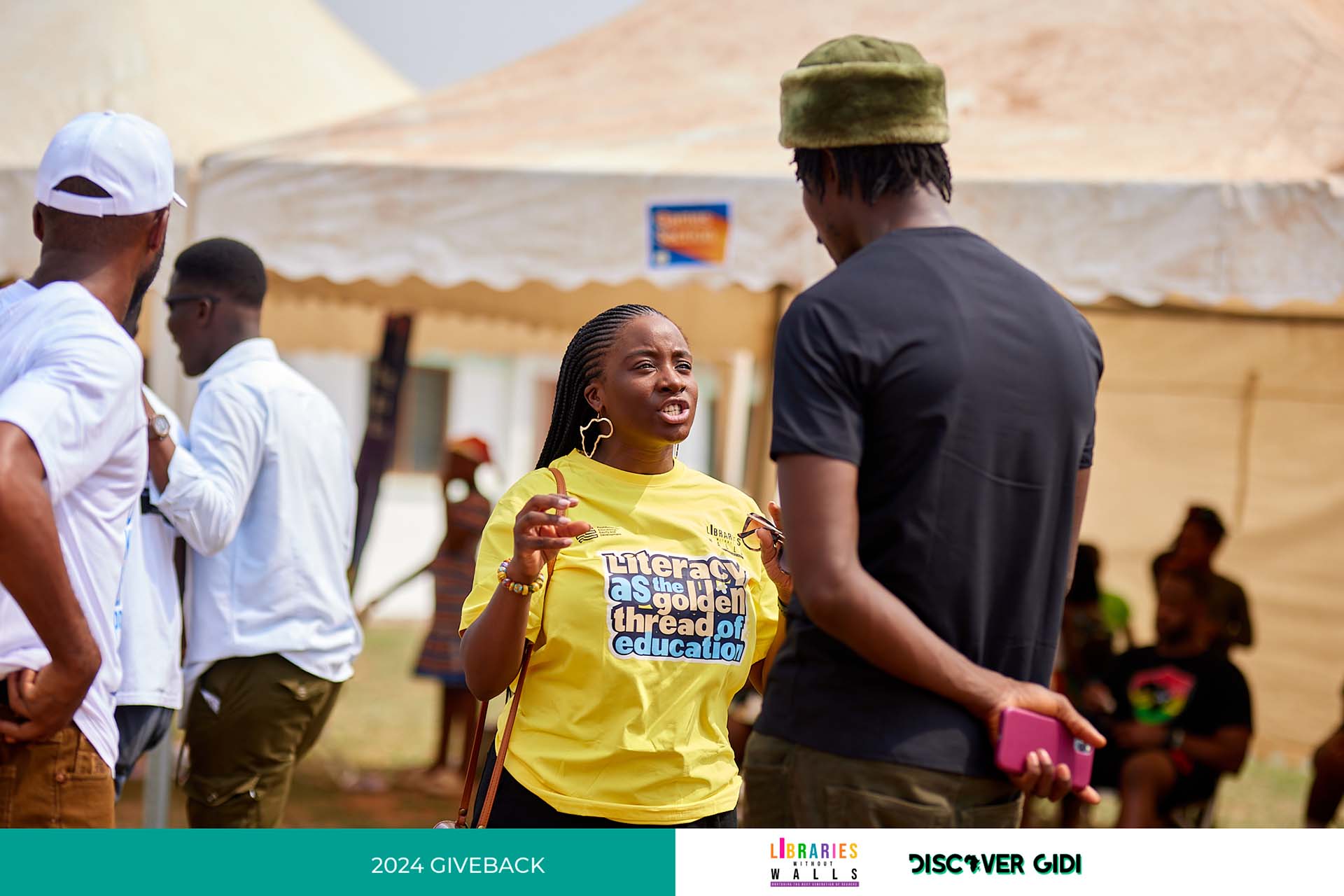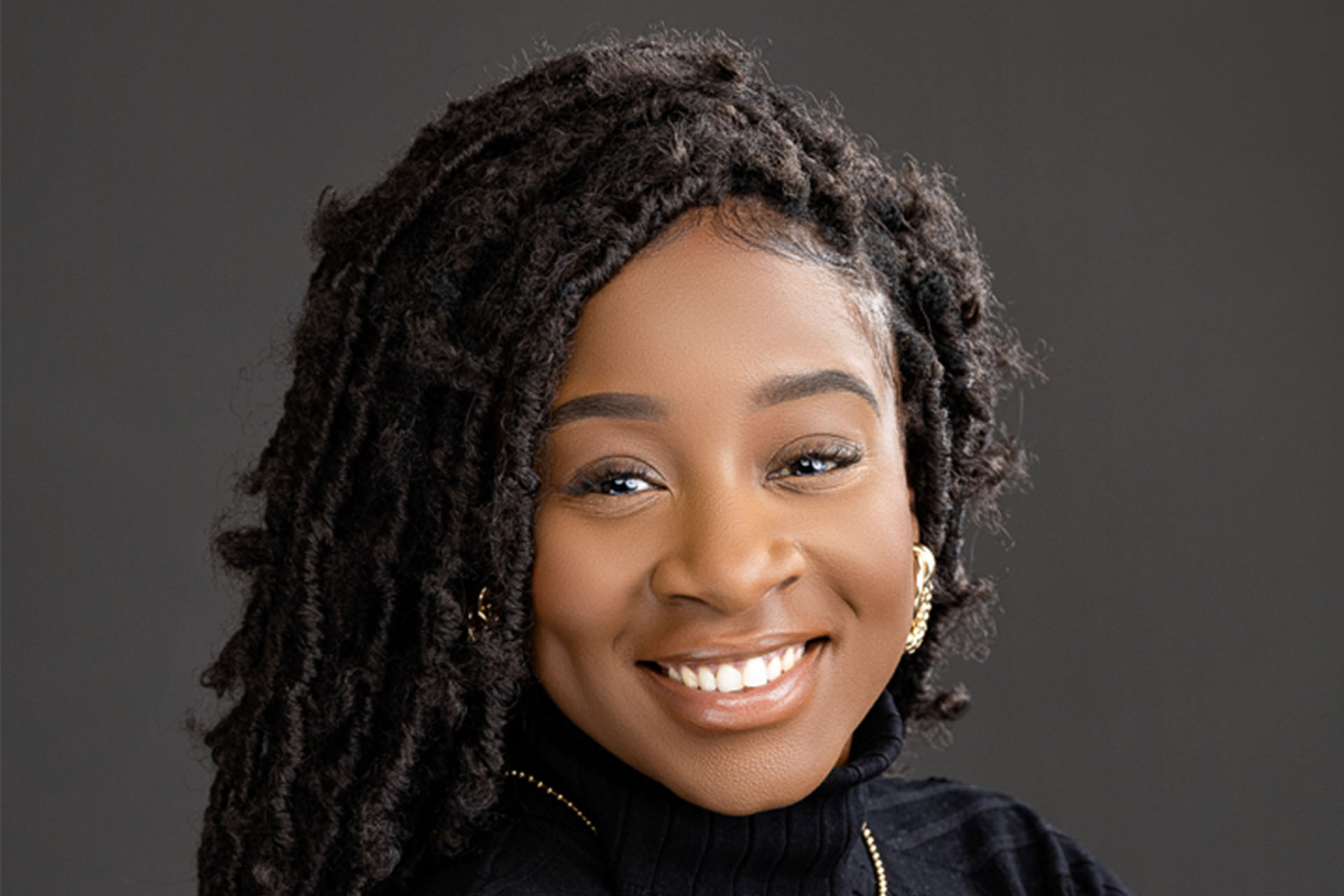What skills did your MSc in Human Resources Management at the University of Liverpool Management School (ULMS) provide you with?
My MSc in Human Resources Management at ULMS was pivotal in developing my understanding of talent management. The program offered a robust mix of theory and practice, including modules on organisational behaviour and strategic Human Resource Management (HRM), which sharpened my skills in aligning people strategies with business goals. I gained valuable insights into how inclusivity and employee well-being play a vital role in attracting, developing, and retaining top talent, lessons I now integrate into my consulting work at RARA.

As a Consultant, Speaker and Co-Founder of RARA Education Project CIC, how have you driven culture change in organisations?
Through RARA Education Project CIC, I’ve worked with organisations to educate and empower teams and individuals to take steps towards creating actionable EDI strategies that address and challenge systemic barriers to organisational success and career advancement for racialised minorities. By leading workshops, facilitating dialogues, and co-developing tailored solutions, I’ve seen teams move from surface-level awareness to genuine cultural shifts. For example, integrating intersectionality into policy reviews has encouraged organisations to adopt a holistic approach to equity and inclusion.
How has your doctoral research at the University of Chester informed your practical work with organisations and educational institutions?
My doctoral research has centred the barriers and enablers to the career advancement of Black women teachers in UK secondary education. This work has underscored the importance of storytelling and lived experiences in understanding systemic barriers. It has informed my consulting work by equipping me with research-backed strategies to tackle inequalities in recruitment, retention, and career progression within education and beyond.
What key systemic barriers have you identified of Black women educators, and how do your research findings challenge these barriers?
Key barriers include racial bias in hiring practices, a lack of mentorship opportunities, and insufficient leadership pathways. My research challenges these barriers by highlighting the critical role of policy reform, inclusive leadership, and culturally conscious professional development in creating equitable career opportunities for Black women educators, amongst other minoritised and underrepresented groups.
Can you share what inspired you to establish The Sister Scholars Network, a supportive community for Black women postgraduate students across the UK?
The Sister Scholars Network was born from our own experiences of isolation in academia. I and my colleague, Iman Federico-Awi, wanted to create a space where Black women could find solidarity, share resources, and thrive. My vision for the network is to expand its reach through events, collaborations, and mentorship programs, ultimately creating a legacy of empowerment for future Black women scholars.
You have also been working on The Ghana Literacy Project. Can you tell us more about this and how have you engaged communities to support girls’ education?
The Ghana Literacy Project, currently underway, is dedicated to enhancing literacy education programs and initiatives led by the FEED organisation in Ghana. Our goal is to raise awareness and funds to ensure that one hundred children in rural Ghana have access to these programs, enabling them to learn to read and providing them with essential learning resources and school supplies to support their continued education. These efforts aim to empower children to pursue their education with confidence. Over time, we aspire to see increased school retention rates and a ripple effect of educational equity within schools and communities.

What advice would you give to aspiring leaders seeking to create transformative change in their organisations, particularly in the field of EDI?
Aspiring leaders should prioritise actively listening to the voices of those they aim to serve, support, and lead - whether underrepresented groups, minoritised individuals, or others - and ensure that their concerns inform organisational goals, policies, and practices. This is the key to driving meaningful change. Embrace lifelong learning, allyship, and accountability, and remember that transformative change begins with small, intentional steps rather than grand or performative gestures.
What are your long-term goals for the RARA Education Project CIC and your broader work in equity, diversity, and inclusion?
My long-term goals include significantly scaling the impact of RARA Education Project CIC through strategic collaborations with global partners and the development of innovative training programs that address emerging challenges in equity, diversity, and inclusion. I am committed to continuing to influence policy and practice across both the public and private sectors, ensuring that systemic change is not only implemented but sustained. Moreso, a key vision is to establish a thriving global community of change-makers-leaders, educators, and advocates - working collectively to create equitable and inclusive spaces in every corner of society.
Thanks to Chiedza for sharing her inspiring work, if you’d like to share your career journey, please email the Management School’s alumni team: ulmsalumni@liverpool.ac.uk.
Back to: Alumni
